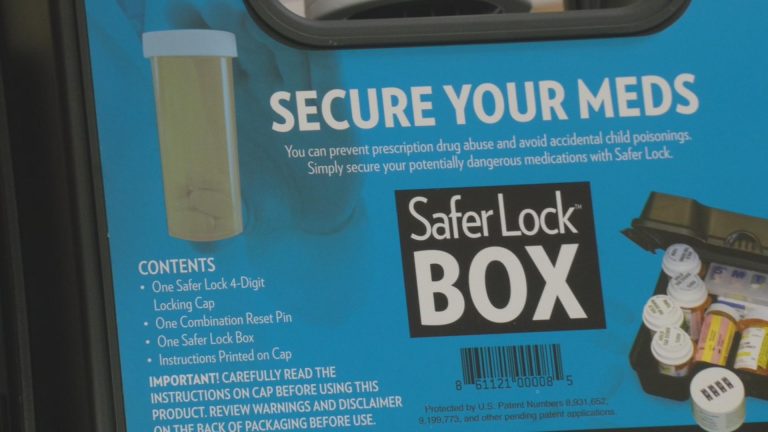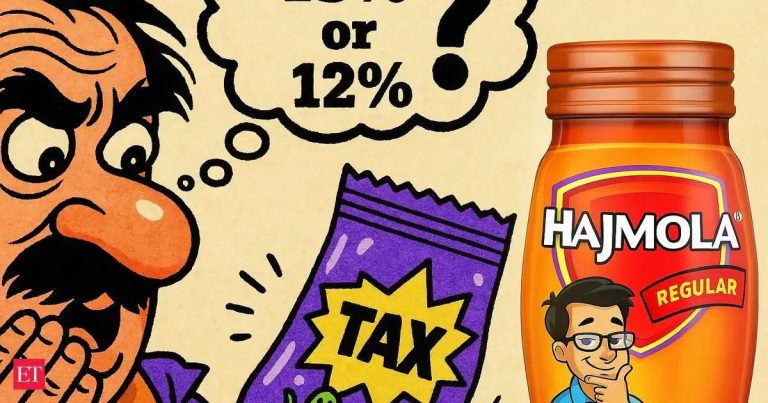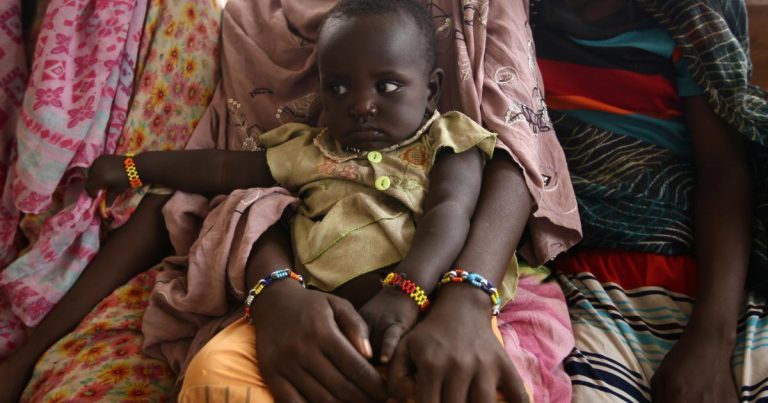
The Dark Side of Sports Betting: Lives on the Line | Image Source: www.cnbc.com
NEW YORK, March 27, 2025 – What was once confined to smoked casinos and the back pages of dark betting books has now entered the US rooms, rooms and even high school costumes – all through the comfort of a smartphone. March Madness, once a simple collegial basketball celebration, is now a national turning point for a growing public health problem: gambling addiction. According to the American Gaming Association, Americans are expected to attack more than $3.1 billion in the NCAA tournament alone. And while millions of people occasionally bet, for others, this time of year marks a dangerous relapse into a cycle of financial ruin, emotional collapse and mental health crisis.
The problem of gambling is not only a matter of bad luck or mismanagement of money – it is a recognized mental health disorder. And like all dependencies, it thrives in silence, often masked by enthusiasm, competitiveness, or fast money attachment. According to the NPR, Scott, a high school coach and an off-road sports fan currently in recovery, expressed how the game intertwined in his identity: “It’s something we love.” His story is not unique. Throughout the country, men and women quietly lose their homes, their families and live with an addiction that seems to be an innocent pleasure on the surface.
What is the problem and who is in danger?
According to Michelle Malkin, Director of the Gambling Research and Policy Initiative at the University of East Carolina, the warning signs of gambling addiction can be subtle, especially in relation to addiction. Malkin describes four key red flags: game obsession, the game in isolation, repeated failed attempts to stop, and higher bet to recover the losses. Usually it starts with concern, he explains. “They want to bet alone. They lose money and think the only way to fix it is to bet more.”
Search shared by CBS The new report echoes these findings. The game is now known as a public health crisis, especially with the widespread accessibility of online sports betting. Harry Levant, a game recovery drug addict and now a licensed therapist, loves today’s betting environment for a drug delivery service. “Now you can bet on ping pong in the Czech Republic at 9 a.m.,” said Levant, pointing out the bet explosion “micro-event” – bet not in the game results, but from individual games, until a ball bounce or a free shot lost.
Young people are particularly vulnerable. A survey conducted by Siena College found that nearly half of men aged 18 to 49 had an active online gambling account. Worse still, many of these placement bets are minor, using stolen or borrowed identities. “I know young people between the ages of 15 and 16 talking about their school bets,” said Andrew, a recovery addict. These young players often start their journey by placing small bets for fun, until pleasure becomes despair.
Why is online gambling so addictive?
Here we go. Traditional addictions often come with physical breasts – dazzling eyes of blood, deeply rooted discourse, physical retreat. The game doesn’t. It’s invisible. As therapist Jody Bechtold says, “it’s not self-limitation. Don’t faint too much. Instead, the game discreetly emphasizes the brain reward system. Dopamine, the neurotransmitter responsible for pleasure and motivation, inundated the brain during a bet, especially a victory. When losses continue, the brain pursues the initial high-level players, pushing them to continue betting even when they know they should stop.
The technology-based game only amplifies the problem. According to CNBC, today’s platforms use algorithms and automatic learnings to offer tailored betting experiences: constant sludge, charging links, “we lack you” messages and V.I.P. specifically benefits heavy users. The system is designed to keep players engaged – or in the case of drug addicts, trapped.
“The reload bonus is like the dealer who gives you another $10 in your bag because he knows you’re downstairs,” said Levant.
Andrew, another recovery player, echoed this. “I had a VIP host. If I hadn’t been betting for a day, I would have received an email: Here’s a profit driver. Go back to the game.” The more it sank, the more the system loaded them.
What happens when the game becomes life?
“My marriage didn’t matter. My work didn’t matter. The game was all that mattered,” said Shaun, a recovery addict interviewed by CBS News. For many, it’s not hyperbole – it’s reality. They bet on the shower with waterproof phone boxes. They were unemployed, lost contact with their families and lived in their cars. The constraint of ”action” – not even victory – has exceeded everything.
Shaun’s story is not unique. According to the American Psychiatry Association, gambling addiction has the highest suicide attempt rate of any addiction – 1 in 5. Andrew remembered writing a suicide letter and being saved only by a last-minute intervention by his father. They’re not anecdotes. They warn the sirens.
Despite the industry’s assertion that only 1% of players have serious problems, even though statistics are translated into more than 2.5 million Americans. And some experts think the number is very underestimated. Dependence on gambling is often unheard of, dazzled with shame, misidentified as financial irresponsibility, or completely rejected as “a bad series”
How is healing?
Resuming the problematic game requires more than mere will - the whole environment and mentality must be restructured. “It’s like a food disorder,” said Jeffrey Wasserman, a recovery addict and support group leader. “You can’t avoid food, and you can’t avoid money.” For sports enthusiasts, the challenge is even more difficult: they must learn to be around the same thing they like - sport – without playing it.
Support groups, both in person and virtual, play a crucial role. Anonymous players, red communities and online therapy groups are life lines for many. Scott, the high school coach, said he found comfort in “a person at first” that could relate. According to experts, the human link is the basis for long-term recovery. Blocking applications, financial restraints and therapy are all tools, but none replace the need for emotional support and responsibility.
However, the path to recovery is long and full of possible failures. Accessibility of online bets – available 24 hours a day – means that relapse can only be one click. Strategies must shift from short-term restrictions to internal transformation. ”You must ask yourself,” what kind of person do I want to be? This question - no gain or loss – becomes the new compass.
Can industry be accountable?
That’s a fair question. The American Gaming Association says its members work closely with regulators to promote responsible gambling. They cite investments in community programs and awareness campaigns. However, as the critics point out, many of these measures are felt after reflection. Helpline numbers are often buried at the bottom of promotional ads – barely visible in the midst of striking links and endorsed by sports celebrities.
“80 per cent of their profits come from 15 per cent of their customers, the largest users,” said CBS News. It’s not responsible entertainment. It’s exploitation. In the meantime, federal regulations are still correcting the best. Each state establishes its own rules, resulting in a fragmented system that leaves many problematic actors without adequate resources or insurance coverage.
Bechtold, the drug therapist, summed up with a chilling irony: “Your finances are destroyed, but do you have $10,000 to go to rehab? Access to treatment remains a major obstacle. Many insurance providers cover hospital care for drugs or alcohol, but not for gambling. That must change. If gambling is a public health crisis - and the evidence suggests it – then it deserves the same infrastructure and funding as other dependencies.
How can you help or get help?
Start with consciousness. Learn the signs. Ask questions. Check with friends or relatives who could bet more often. Don’t embarrass them – connect with them. As Scott said, ”Even a person can make a difference. “
If you fight, you won’t have to go alone. The national problem play support line (1-800-GAMBLER) is available 24 hours a day and can be directed to state-specific resources, support groups and treatment options. You can also reach 988 suicides and life attacks if you experience emotional distress.
Like the 2025 Madness Round and the American moods in square brackets, let us not forget those who observe in silence, wager with money they do not have, risking relationships they cannot afford to lose. The legalized game may be here to stay, but that doesn’t mean we don’t know its cost. The bet we all have to make is compassion, consciousness and recovery.






